|
Country Roads Paving is providing ranchers, farmers, and property owners in North Texas with high quality, affordable paving and excavation services. For those who keep horses, in particular, we offer stall flooring installation and repair in addition to other services.
Using sand, recycled asphalt, crushed concrete, or hot mix asphalt, we create durable, dependable flooring that will increase the longevity and durability of your barns and horse stalls. Additionally, Country Roads repairs damaged or waterlogged surfaces using crushed concrete. We also specialize in constructing affordable, long-lasting pads made of recycled asphalt to keep heavy machinery and equipment clear of mud, dust, foliage, and other debris. These pads are perfect for everything from boats and RVs to horse trailers, tractors, trucks, and ATVs. Additionally, Country Roads can build, repair, and upgrade driveways and parking lots to optimize outdoor facilities. We also install and grade access roads and provide brush removal services to improve accessibility to fields, barns, and any other area of the property you choose. If you already have hot mix asphalt roads, we have a 300 gallon spray tank ready to seal coat your asphalt driveways and roads so they last for many years to come. You can also hire us to ensure effective water drainage and prevent erosion. We offer culvert installation and repair, as well as berm construction for canals, ponds, and ditches. Another of our services is soil stabilization, which protects your property from erosion and ensures you won’t have to worry about costly and potentially dangerous deterioration to your land. We can fill in ruts left by cattle and machinery, stabilize hills, or drain areas with mud or standing water. At Country Roads Paving, we know our customers work hard and expect the best. That’s why we offer a variety of services at affordable prices to improve the safety, quality and accessibility of your property. County websites in our area: Collin County Culvert Forms & Permits http://www.collincountytx.gov/development_services/Pages/culvert_forms.aspx Denton County Culvert Noms & Permits https://dentoncounty.com/Departments/Public-Works-Planning/Applications-and-Permits.aspx Grayson County Culvert Forms & Permits http://www.co.grayson.tx.us/default.aspx?name=tre.payment_culverts When determining who should handle your driveway culvert maintenance, the key is knowing who owns and is responsible for the land on which the culvert is located as is laid out in the town or county’s government policies. Many people avoid researching such policies because they don’t want to deal with all that legal jargon. However, this article equips you with the information you need to navigate government resources concerning culverts. First of all, it will be helpful to familiarize yourself with some key terms concerning culverts and drainage policy:
Now that you are familiar with the key terminology surrounding culvert maintenance policies, it’s time to find the correct city or county department to contact. Usually, the information you’re looking for can be found by contacting the government department in charge of road regulations. A good place to start is your county’s government website. This can usually be found by using an online search engine to search the name of your county followed by 'official website'. In the search results, the website you’re looking for will usually be one of the top results. It should also plainly state the county’s name. For example, when I searched 'Randall County, TX official website' the county’s government website, www.randallcounty.com, was the first to pop up. Once you’re on your county website’s main page, you will usually see a 'Departments' tab or something similar. Click this tab and scroll down until you find the department title related to roads, streets, or drainage governance. The exact name of this department will vary county to county, but it should be pretty easy to spot. On Randall County’s website, the proper department can be found under 'Road & Bridge'. Once you’re on the correct department page, you’ll usually see the names of government officials as well as their contact information. The fastest way to get your questions answered is to call them directly (it’s up to you whether you want to call the head of the department or other available contacts on the list). However, you may also send an email if you prefer. When speaking with (or emailing) a representative from the department, there are a couple of questions you should ask right away. First of all, confirm that you’ve found the correct department by asking them if they are responsible for upholding regulations surrounding culverts. If they are not, ask them to transfer you to the correct department or, at the very least, get the name and contact information for the department you need to call. Once you have confirmed that you are talking to someone who can help you, tell them about your situation and why you want to know who is responsible for culverts in your area. Whomever you talk to will probably want to know your address as well as if you own the property in question, as regulations usually vary depending on who owns the property as well as the property’s location (township, county, subdivision, etc.). They may also ask if you know of any drainage easements on or near your property. Additionally, you should let them know if your culvert’s malfunction has damaged anything on your, your neighbors’, or government property. With this information, the government representative should be able to answer your questions or direct you to someone who can. Even when you have your answer, it doesn’t hurt to do some independent research to confirm what you’ve been told. This involves using a search engine or public files (usually obtainable at a courthouse or other location of public records) involving land development/drainage codes, policies, and regulations. On the Randall County Road & Bridge Department webpage, this information is readily available. It can be downloaded as a PDF via the Road & Subdivision Policy link, found under 'Information' in the page’s left column. If your county’s website isn’t as straightforward, you can politely ask the department representative with whom you speak to direct you to where the policy can be found. There should be no reason they cannot do this. However, if for some reason they can’t help you, you should be able to find the information online by searching the name of your county, plus “culvert policy” or something similar. If possible, find the original policy scanned online as a PDF. Use the Table of Contents to find the section related to culverts and drainage, and read through it. This will help you feel more informed as you move forward in repairing or replacing your faulty culvert. Sometimes, the terminology used in the policy can be pretty convoluted or dull. However, stick with it, and use the key terms from this article to help you. The policy will usually describe who is responsible for different types of properties and culverts, as well as the permits and other steps one should take in order to comply with regulations. In our Randall County example, if the culvert is located on private property, the owner of that property is responsible for the culvert’s upkeep. If a culvert is located in a subdivision, the subdivision developer is responsible for maintaining culverts and must do so in keeping with the city’s code. Meanwhile, culverts on public land are the responsibility of the government. According to Randall County Law and Ordinances, inspectors are required to check all culverts on public land once a year. Additionally, if someone notices a problem with culverts on public land, they should contact Law and Ordinances to resolve it. These are some fairly common regulations. However, every county’s laws are slightly different, and loopholes abound, so do your best to get the information specific to where you live. Best of luck!
Recycled asphalt (sometimes referred to as 'crushed asphalt') is old roadway that has been removed and crushed at an asphalt plant. It goes from large compacted chunks to a granular product like you see here: An asphalt plant accepts deliveries of our old highways and they end up crushed into a big pile like this: The material retains the tar from the former road so it can be mixed with new asphalt, or used in new and different ways. Presently, driveways, walking paths, RV or boat pads, and rural parking lots are using recycled asphalt to create a dust-free semi-solid surface doesn't get muddy. When it first gets delivered it has a darker look to it but as time goes on it lightens up. This next photo shows a new pile being put on top of one that is a few months old: After a driveway, ranch road, or rural parking lot have been covered by recycled asphalt it begins to tighten up as heat, water, and humidity help filter the finer particles downward and harden them. Even though it begins to turn back into a road it will continue to have a thin layer of looser small rock at the top:
Congrats go out to this homeowner as they wrap up construction on their newly paved home. This involved grading out some material that was there, putting in a few drain pipes, and paving recycled asphalt through a paving machine and compacting. Low price compared to concrete or hot mix, but fits into the country surroundings perfectly. Looks amazing!
Country roads and driveways are going green!
That's right! Using the asphalt millings off an interstate or highway that is being replaced or repaved means less waste and far fewer natural resources. That's because now, we're collecting all that roadway, crushing it into small consistent pieces, and because it retains much of its original adhesive properties, so it can be recycled. The process of reusing the material is pretty straight forward. The first step is to assess the current driveway condition. If it is in need of repair prior to laying down recycled asphalt, then that would be next. Occasionally, it helps to address any drainage issues (culverts, etc.) at this time since we'll have the machinery there to fix them. Once the area is prepared, the material can be laid down and compacted. From there, the material will harden over time. Heat and moisture will help this process. Considering we're in North Texas around McKinney, Celina, Pilot Point, Sherman, etc., we have plenty of sun and most of the year we have plenty of moisture. Once that has a chance to take hold, the bottom layers will solidify while the top layer remains looser. A thin layer of loose stones will lay tight against a firmer base even after as little as a few weeks. This material is very good for Texas, holding up to the heavy vehicles we tend to drive around here. It makes for the perfect rural driveway, country parking area, barn entrance, or ranch road without the expense of higher priced cement or hot asphalt. Stylistically it looks great, being a grayer, lighter version of blacktop. Functionally, it is dust-free, and long-lasting. If anything happens it is perhaps the easiest to maintain. Adding more material or grading is always an inexpensive option. This is a reasonably priced way to do our longer country stretches, parking areas, barn entrances, etc. Hit us up if we can show you some examples we've recently completed. Contact Us It only takes a short drive in the country to realize there's a problem and you may be experiencing it as well if you're in North Texas. Our roads and driveways take a beating. Not only from the heat, but from rain, and even the condition of the soil under them.
So, what are your options if you have a new country road, ranch road, or long driveway in need of replacement or repair? The short answer is it depends on the money you want to spend and the condition of the driveway now. Here is a list of paving for rural driveways in Texas: 1. Cement - By far the most expensive. Pro - Long-lasting. Con - Cracks in weather extremes, Expensive to repair. 2. Hot Asphalt aka Blacktop - Far cheaper than cement. Pro - Long-lasting (Adapts to temperature extremes). Con - to get max lifespan, sealcoating is recommended every 3-5 years. 3. Recycled Asphalt - Still cheaper than hot ashpalt. Pro - Dust-free & Easiest to repair if needed. Con - Thin top layer of stone stays loose while base hardens. 4. Recycled Concrete - Inexpensive. Pro - Strong (Retains original concrete stability). Con - Left as a top-coat it can be dusty. 5. Crushed Granite - Cost similar to recycled asphalt. Pro - Beautiful reddish color. Con - May have to replenish some after a few years. 6. Tar & Chip - Cost is between hot asphalt and recycled asphalt. Pro - Solid, long-lasting surface. Con - Some loose stones remain on top unless removed. 7. Gravel - Lowest cost of all driveway materials. Pro - Longest lifespan (if regularly maintained). Con - Could be dusty. Needs grading at some point. Pavers, bricks & cobblestones are not mentioned simply because in our area (North Texas) it's not all that practical for the long driveways we encounter, not to mention the movement of the soil can be a problem with these materials. Country Roads Paving & Excavation is installing new driveways and roads with these materials so, if you have any questions, please contact us. If you are in Prosper, Celina, Gunter, Sherman, Pilot Point, McKinney, Frisco, Little Elm, New Hope, Princeton or anywhere close to these areas we'd welcome an estimate request as well. We hope this is helpful, and thanks so much for reading! |
Country RoadsRural drives and private roads are our passion. We post recent jobs, paving techniques, and tips and tricks here. Enjoy! Archives
January 2023
Categories
All
|


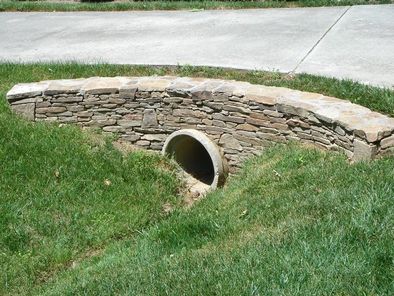


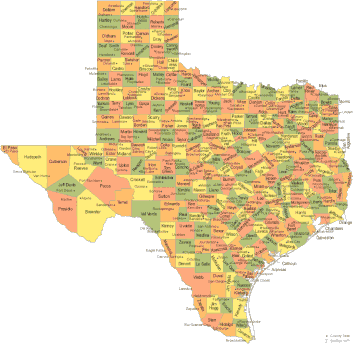
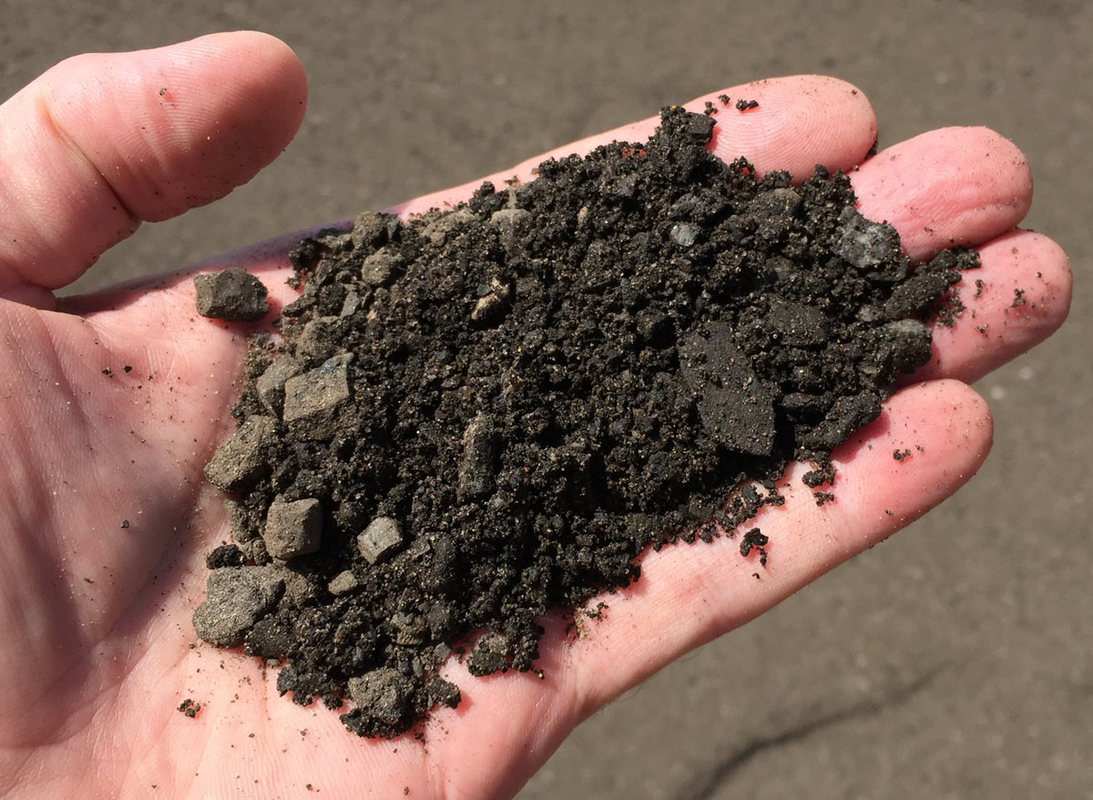
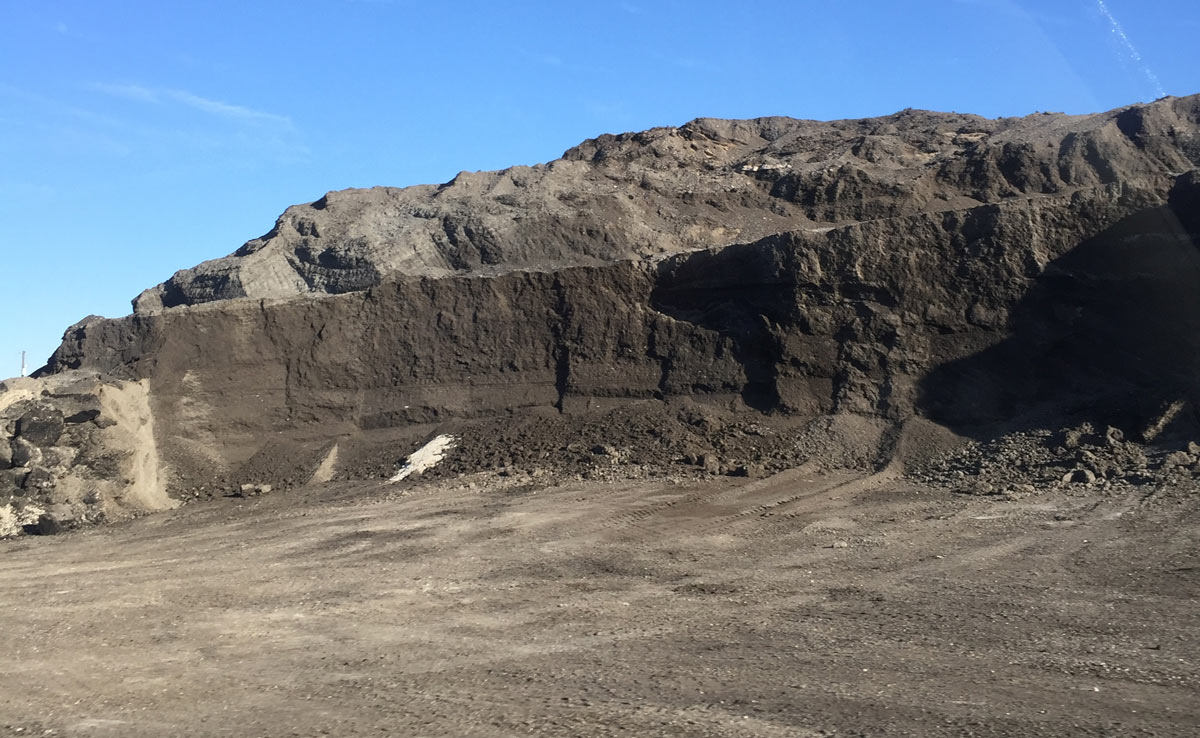
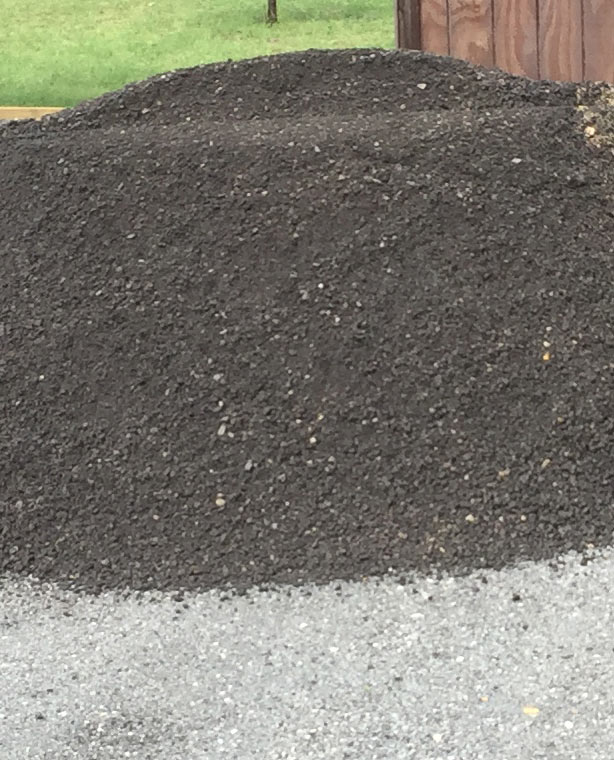
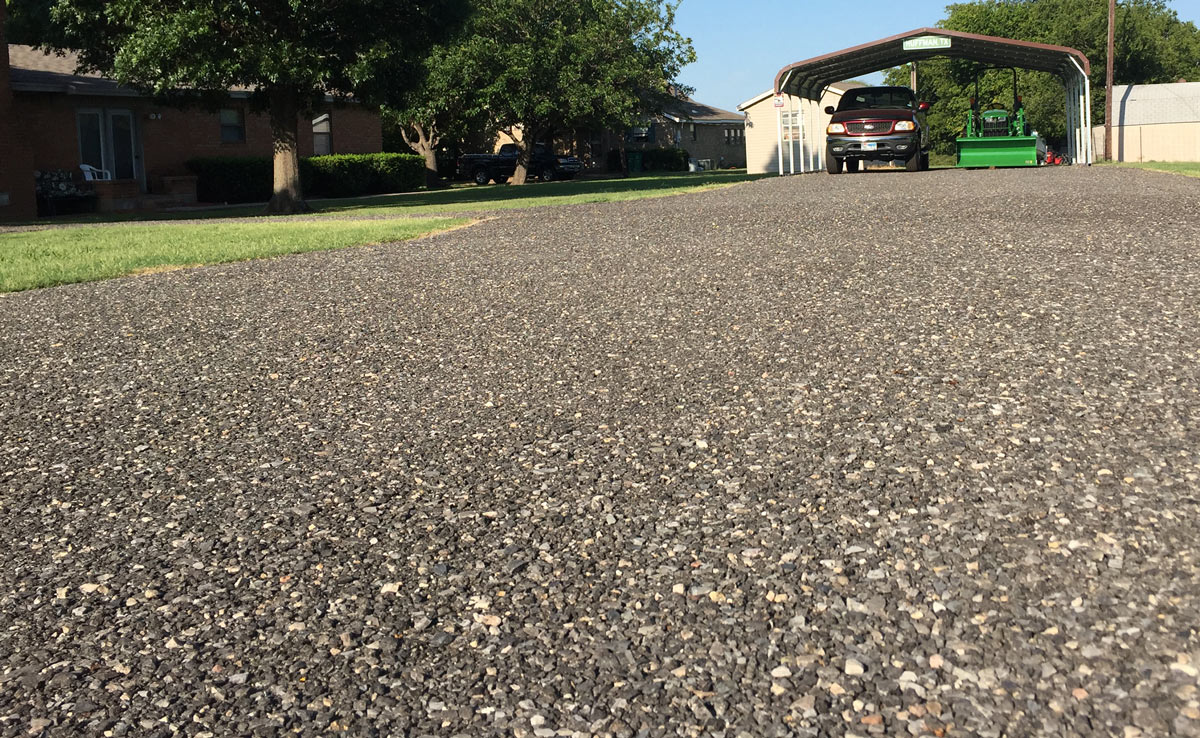
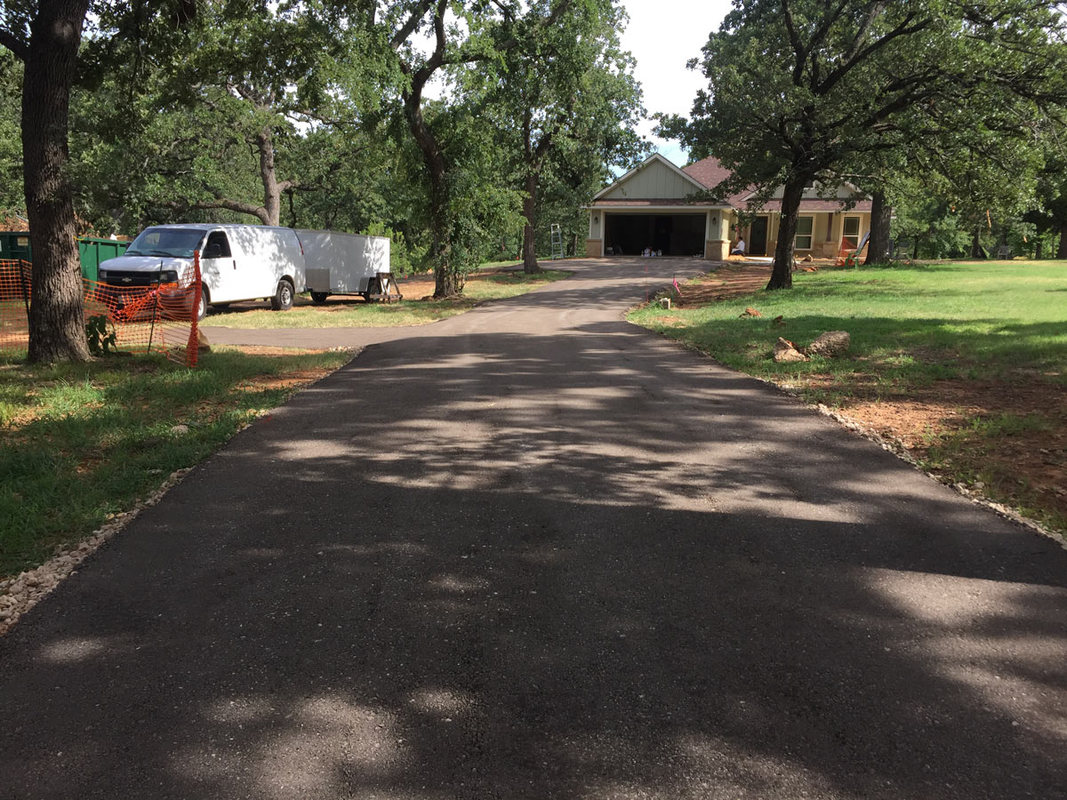
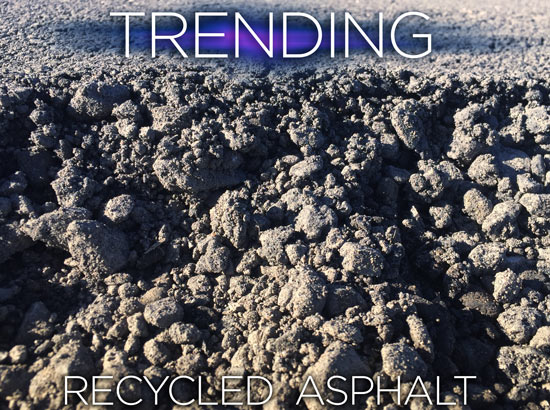
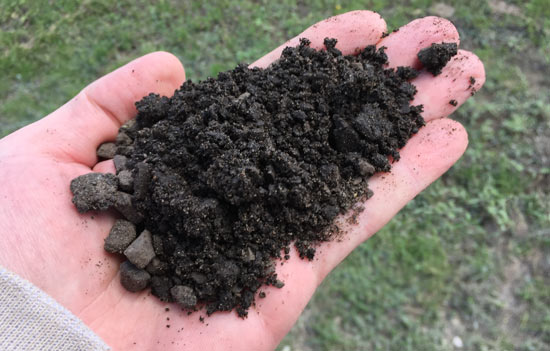
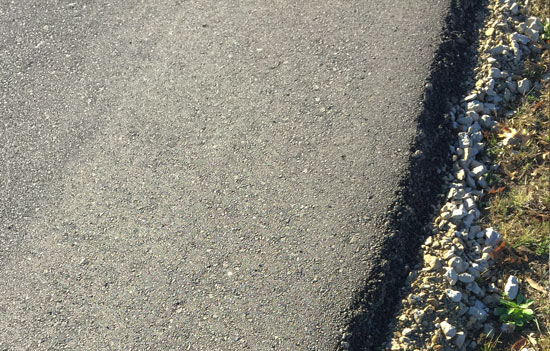

 RSS Feed
RSS Feed
